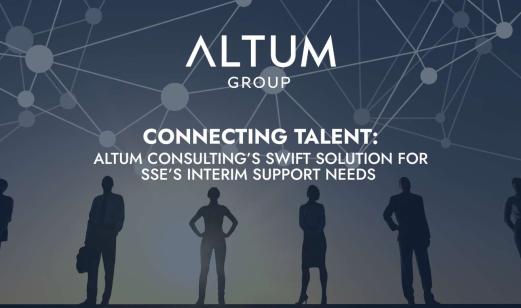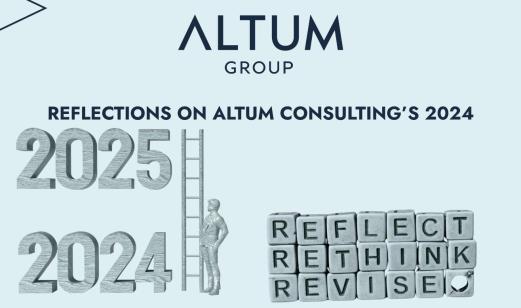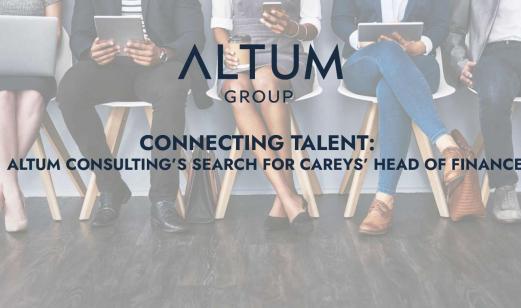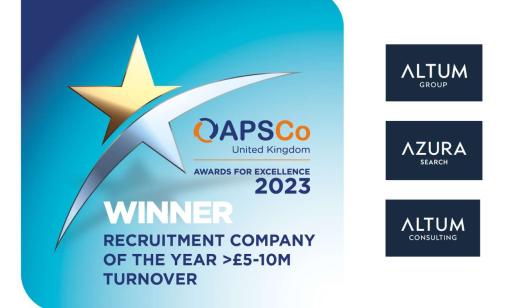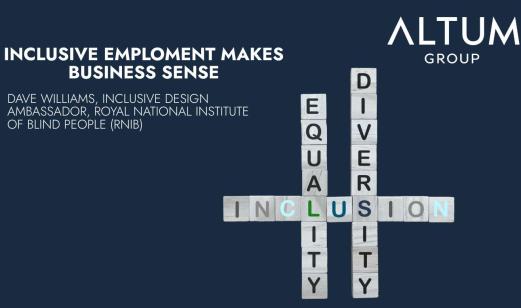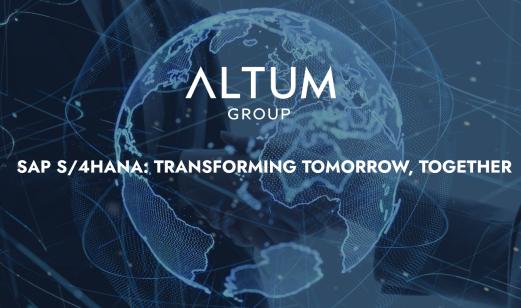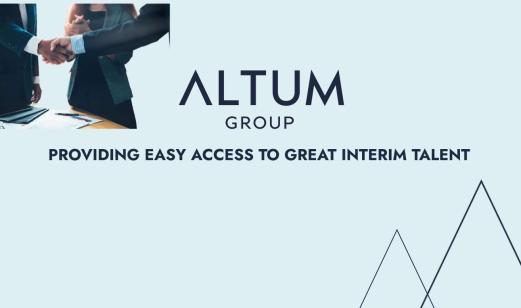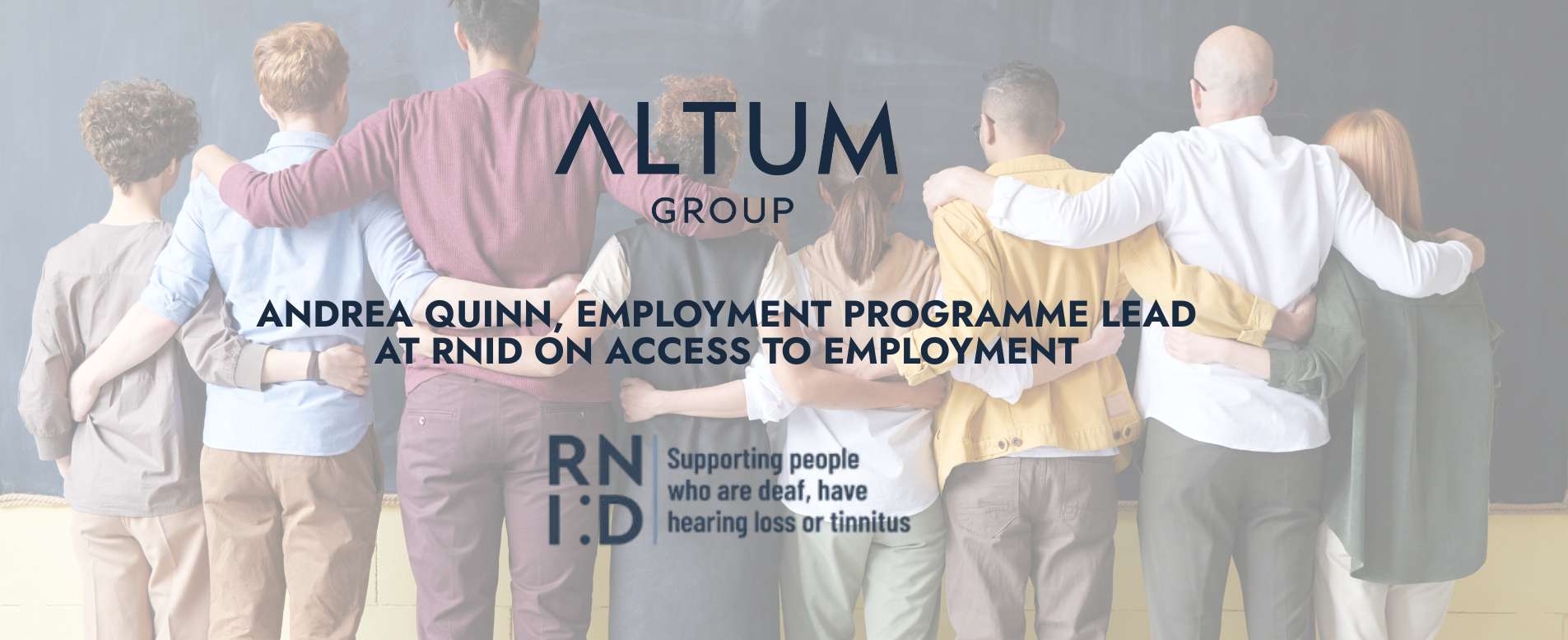
Andrea Quinn, Employment Programme Lead at RNID on Access to Employment
Andrea Quinn, Employment Programme Lead at RNID spoke to us about her role at RNID and the importance of creating inclusive workplaces to support all employees through each stage of their employment journey.
What is your role and background?
I am the Employment Programme Lead at RNID, and my focus is developing RNID’s strategic work to ensure people who are deaf, have hearing loss and tinnitus have equal access to rewarding employment.
I have worked in the area of disability employment for several years, previously holding roles focused on employment policy and managing a supported employment service in Northern Ireland.
What does ‘Access to Employment’ mean to you?
For me, access to employment goes far beyond simply hiring members of staff who are deaf, have hearing loss and tinnitus. It means ensuring staff have access to the support they need throughout each stage of their employment journey. Retention of skilled staff and support to allow them to thrive, and progress if they wish to, is crucial.
What is your experience of inclusive workplaces?
In my experience, organisations that succeed in creating a truly inclusive workplace approach inclusivity from both strategic and operational points of view. I have seen many organisations focus on ambitious, bigger-picture goals of inclusivity, while losing sight of the very practical changes needed on shop floors, offices and classrooms that directly impact the daily working lives of disabled staff. Similarly, there are countless examples of excellent and innovative approaches to inclusivity happening in workplaces each day that, without the infrastructures and higher-level buy in across the organisation, do not have the widespread impact they otherwise could.
What development(s) are you most pleased with since you have been working in this area?
I think developments in videoconferencing technology have been the most notable. We now have a whole host of different digital communication tools in mainstream use that we simply didn’t have a few years ago. From enabling Sign Language View on Microsoft Teams to switching on automated captions on Zoom, users who are deaf, have hearing loss or tinnitus have a lot more options available to aid communication.
Why This Webinar Mattered?
Accessibility and inclusivity benefit everyone in the workplace. That’s why Access to Employment: A Dialogue on Inclusive Workplaces offered valuable insights into how inclusive practices can help organisations attract, onboard, develop, and retain top talent.
This free online event took place on 21st September at 4pm and brought together voices committed to building more equitable and accessible workplaces.
If you missed it: click here for the webinar by Access to Employment: A Dialogue on Inclusive Workplaces

